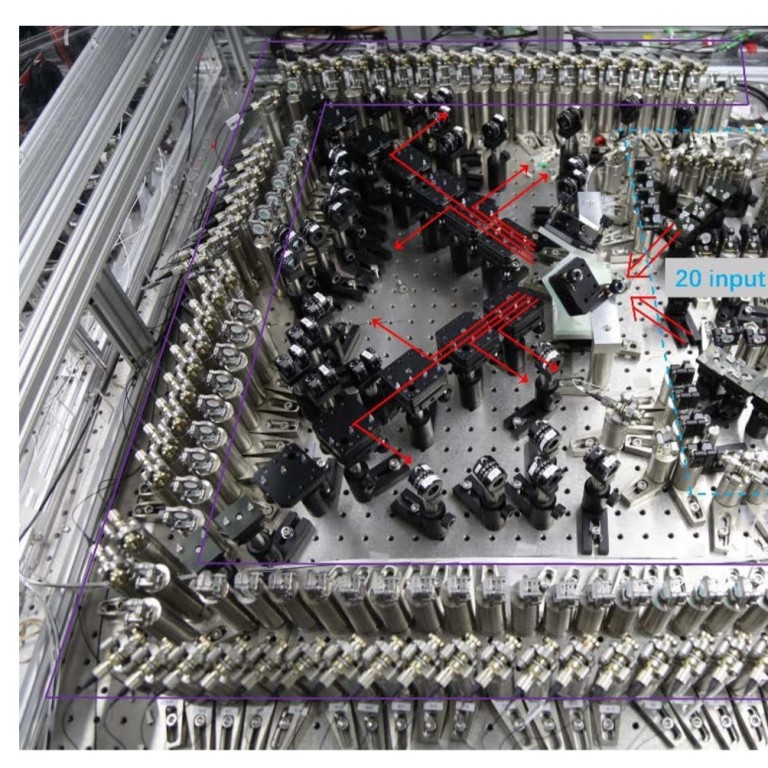
US remains as a top international research partner with China despite rising trade and tech tensions
- US researchers were the top collaborators with their China counterparts from August last year to this July, according to Nature Index
The US remains a leading collaborator with Chinese research institutions, according to a database, as academic ties remain strong in the face of an ongoing trade war.
US researchers were the top collaborators with their China counterparts from August last year to this July, according to Nature Index, a database of academic papers compiled by international journal publisher Nature Research. The number of joint research articles published by US and Chinese institutions also continued to grow.
In terms of corporate partners, US companies accounted for more than half of collaboration between Chinese researchers and international partners.
IBM topped the chart of international corporate institutions working with Chinese researchers, with 85 jointly-published research papers from 2012 to 2018 in journals tracked by Nature Index. The New York-based tech giant was followed by California-based biopharmaceutical company Amgen with 44 collaborative papers, and Massachusetts biotechnology company Thermo Fisher Scientific with 37 collaborative articles.
“It is healthy for science and engineering university research to be shared and aimed at benefiting all humanity rather than politicians, and it hurts all sides for politicisation to break this academic tradition,” said De Kai, a professor at the Department of Computer Science and Engineering at Hong Kong University of Science and Technology. “Scientists are beginning to take a stand for this.”
He also pointed out that collaboration between the two countries in the field of AI could be broader than the journal database suggested, as much of the hottest work in AI and related areas appears primarily in conferences rather than journals. “Chinese AI work is actually helping US companies much more than the common narrative suggests,” he stressed.
IBM also had the second biggest number of Chinese corporate research partners with 46 from 2012 to 2018, behind Taiwan’s Formosa Plastics Group, which had 63 mainland Chinese partners. Four out of the top five international corporate partners and seven out of top 10 are from the US.
The close collaborative relationship in scientific fields between China and the US comes amid an ongoing trade stand-off between the two countries that has put their technology and science ties under the spotlight, with some US research institutions cutting ties with their Chinese corporate partners.
US institutions including Massachusetts Institute of Technology, Princeton University, Stanford University, Ohio State University and the University of California at Berkeley, have all restricted or cut collaboration with Chinese telecommunications giant Huawei, a major funder of research around the world.
The Shenzhen-based company was added to a trade blacklist in May by the US government, citing national security concerns. Huawei has vehemently denied US accusations that it works with China’s state security agencies.
MIT has also said it will review the school’s relationship with SenseTime, a Chinese artificial intelligence start-up that was among eight Chinese companies blacklisted by the US last month over alleged human rights violations.
Chinese researchers are also facing visa issues and tighter scrutiny in America. Chinese quantum physicist Pan Jianwei was unable to attend a science award ceremony in Washington in February because of a US visa delay. Pan and a 34-member team he led were awarded the 2018 Newcomb Cleveland Prize.
For more insights into China tech, sign up for our tech newsletters, subscribe to our award-winning Inside China Tech podcast, and download the comprehensive 2019 China Internet Report. Also roam China Tech City, an award-winning interactive digital map at our sister site Abacus.

